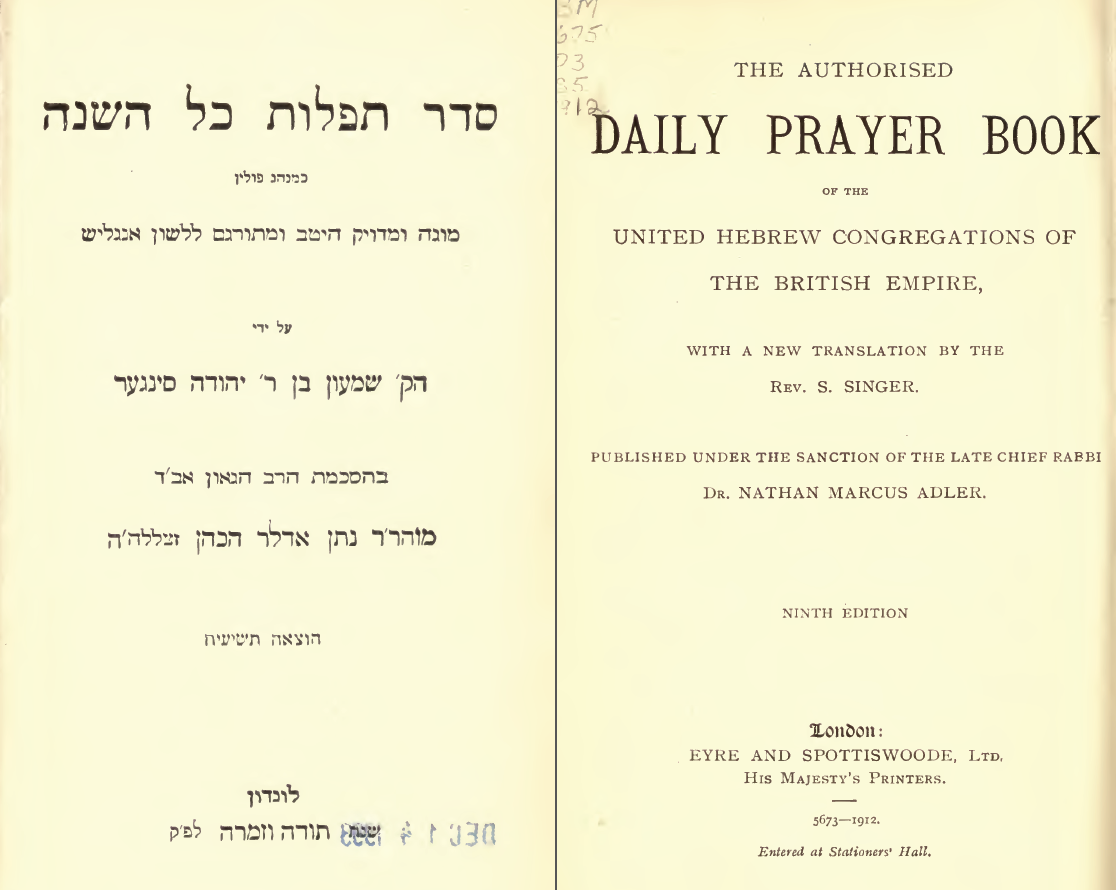TOGGLE COLUMNS (on/off):ADJUST COLUMN POSITIONS: select the column header cell and drag it where you want. show me!COPY INDIVIDUAL COLUMN(S): use CopyTables, a browser extension.
| Source (Hebrew) | Translation (English) |
|---|---|
היום הרת הצלחת ארצנו, היום *מלך* במשפט וצדק יעמיד ארץ, היום נקרא בּכל מרחבי רוסיא פתשגן כתב הדת (מאניפעסט) אשר נתן אבינו *מלכנו* הרחמן בהסכמת אצילי העם, בדבר העבדים קנין כסף בעליהם לתת חופשה להם עפ״י תקנות ישרות ונכוחות. |
Today is a triumph for our country, Today a king will establish a land of Law and Justice, Today is proclaimed in every province of Russia a Manifesto given by our father, our king, the compassionate one, with the consent of the nobles of the people, decreeing that the slaves acquired as chattel property by their masters are to be granted their freedom according to rightful regulations. |
ום אורה ושמחה היום הזה לעשרים ושלשה רבוא אלף עבדים משוחררים, יום גדול ונכבד לכל בני רוסיא. |
A day of light and gladness On this day 230,000,000 serfs were liberated A great and glorious day for all the people of Russia. |
היום הזה יכתב לעד בספרי הזכרונות דברי הימים, ושם *מלכנו* הצדיק יאיר לברכה ולתהלה עד בלתי ירח. |
Today will forever be recorded in the history books And the name of our king the righteous will shine with blessing and glory unto the moon.[1] Cf. Psalms 72:7 |
כל איש אשר קננה בלבו אהבה נאמנה לארץ מולדתנו ולאחי ארצנו יענה ויאמר אתנו: ברוך שהחיינו וקימנו והגיענו לזמן הזה. |
Every person who holds in their heart a faithful love for our homeland and our fellow countrymen will answer and say with us: Blessed [is the one] that has given us life, sustained us, and brought us to this moment. |
This prayer of praise of Tsar Alexander II (1818-1881), for largely ending feudalism by emancipating the serfs of the Russian Empire was written by an unknown author and published in HaMelitz on Thursday, 28 March 1861. Many thnaks to Nir Krakauer for proofreading and correcting my translation. –Aharon Varady
Source(s)
Notes
| 1 | Cf. Psalms 72:7 |
|---|

“Prayer of praise for Tsar Alexander II, emancipator of the serfs of the Russian Empire (HaMelitz, 1861)” is shared through the Open Siddur Project with a Creative Commons Attribution-ShareAlike 4.0 International copyleft license.



![prayer for the national fast day at the outbreak of the civil war [1861-09-26] (Sabato Morais Ledger, p. 21 clipping 022) - a](https://opensiddur.org/wp-content/uploads/2022/07/prayer-for-the-national-fast-day-at-the-outbreak-of-the-civil-war-1861-09-26-Sabato-Morais-Ledger-p.-21-clipping-022-a-250x250.jpg)







Comments, Corrections, and Queries